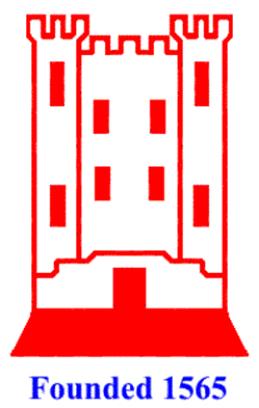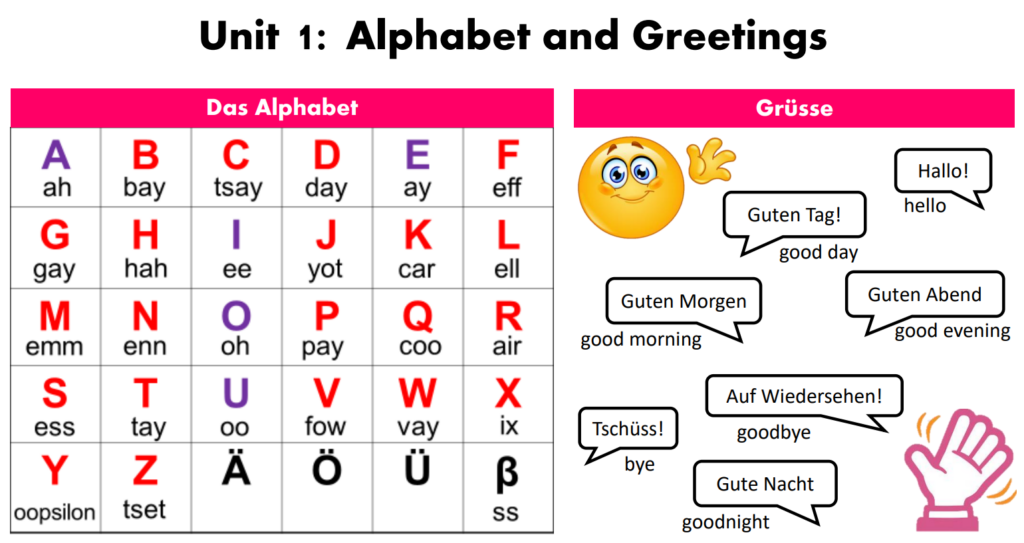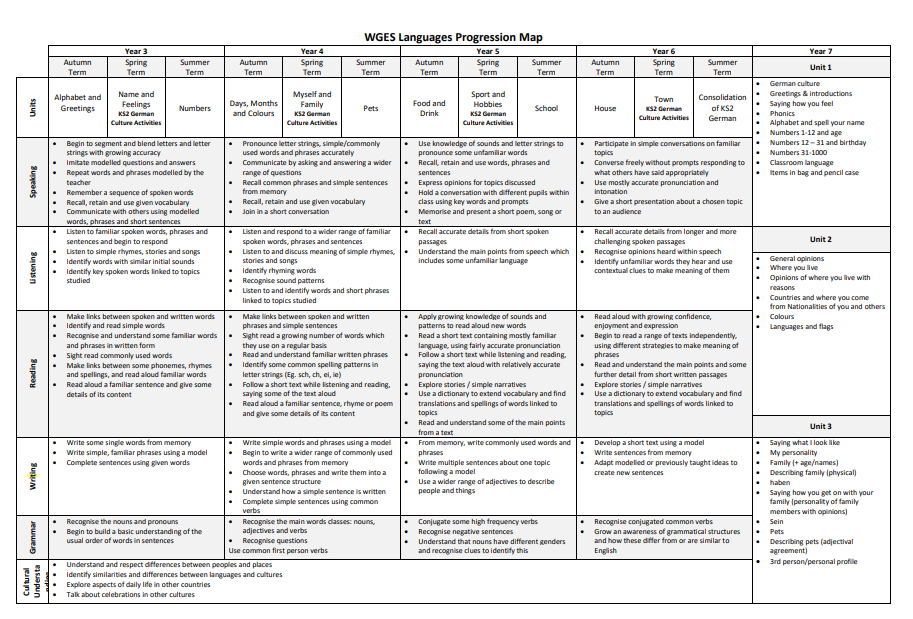Modern Foreign Languages
‘Making a purposeful connection with our wider world.’
At William Gilbert Endowed School, we believe that learning a foreign language is a necessary part of being a member of a multi-cultural society and provides a valuable opening to other cultures. Our Languages curriculum encourages all pupils to communicate for practical purposes and express their ideas in another language, providing them with the foundation for learning further languages and following future work and leisure opportunities taking place in other countries.
Learning a language is the development of children’s linguistic competence and should be seen as a life-long skill. It opens up avenues of communication and exploration as well as building pupils’ understanding and respect of different cultures in our local, national and global communities. We aim to prepare pupils to participate in a rapidly changing world in which work and other activities are increasingly carried out in languages other than English. At William Gilbert, we strive to stimulate and encourage children’s curiosity about languages, and foster their love for the subject with the hope that this ignites an interest in future learning and use of the languages.
Our Languages Curriculum:
- Embeds the skills of listening, speaking, reading and writing skills necessary to enable children to use and apply their language learning in a variety of contexts and lay the foundations for future language learning.
- Motivates children to practise, apply and build upon previous learning through a wide range of practical and engaging learning opportunities.
- Provides pupils with opportunities to acquire, use and apply a growing bank of vocabulary organised around topics.
- Gives pupils a new and broader perspective on the world, encouraging them to understand their own cultures and those of others.
Our hope is that by providing a stimulating and progressive Languages curriculum, that encourages children to think and express themselves creatively, we are preparing all our pupils to be global citizens both now and in their future roles within the global community.
The National Curriculum for Languages aims to ensure that all pupils:
- understand and respond to spoken and written language from a variety of authentic sources
- speak with increasing confidence, fluency and spontaneity, finding ways of communicating what they want to say, including through discussion and asking questions, and continually improving the accuracy of their pronunciation and intonation
- can write at varying length, for different purposes and audiences, using the variety of grammatical structures that they have learnt
- discover and develop an appreciation of a range of writing in the language studied.


